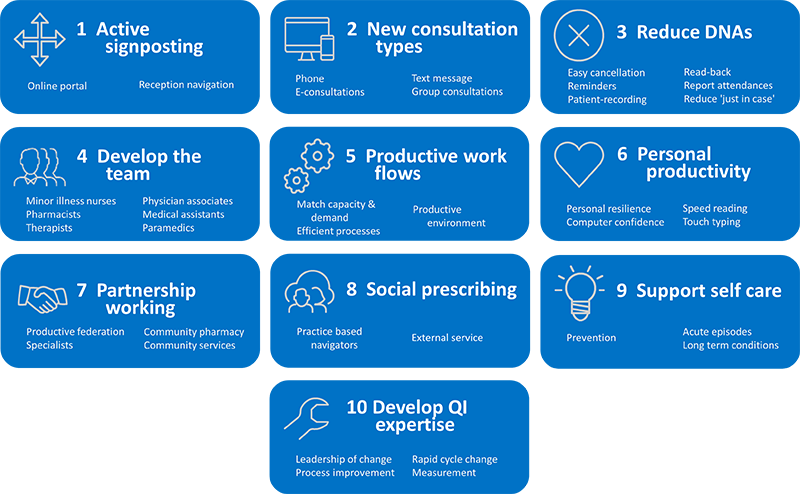One thing the health sector in the UK loves is a good survey and project pilot. There seems to be an endless stream of studies highlighting the good and bad of the NHS and healthcare delivery – and one common topic for these is the use of telephone consultations. It’s also a topic being discussed on the Practice Index Forum.
A quick Google search shows the Internet is awash with surveys about whether or not telephone (and online) consultations can be of benefit to GP practices and the wider healthcare system. One study stood out for us though – and that was a project by UCLPartners, the academic health science partnership that brings together people and organisations to transform the health and wellbeing of the population, and a GP practice in the London borough of Newham.
The problem
Faced with the problem of a burgeoning population and a serious shortage of GP practices – across Newham there are just 53 GP practices to serve a growing population of over 300,000 patients – UCLPartners and Newham Clinical Commissioning Group worked together to find ways to best utilise the limited resources available. The aim was to help practices work smarter and more effectively.
Using the Institute for Healthcare Improvement’s model, staff at The Project Surgery investigated barriers to access for its 4,500 patients and reviewed the use of GPs time. The result has been the roll-out of telephone surgeries in order to increase patient access to medical appointments and capitalise on the skill mix of staff working at the surgery.
First contact
According to a case study highlighted by NHS Networks, the practice introduced telephone consultations as a first point of contact for all patients seeking a medical appointment. The only exception to this is hearing impaired patients, who are automatically allocated a face-to-face consultation. All telephone consultations are conducted by GPs or Advanced Nurse Practitioner and last a minimum of seven and a half minutes per patient.
These telephone consultations are held from in the morning from 8.30 – 11.45am and again in the afternoon from 3.00 – 5.15pm.
The phone system Babblevoice has been installed to support the telephone consultations. The system is medico-legal compliant as calls are recorded, has unlimited lines and enables staff to work remotely when necessary.
The project, which has now become a permanent fixture at the practice resulted in:
• DNAs reducing from 12% to 0.5%
• Patients can be seen in order of clinical priority as they are asked what the nature of their complaint is when the appointment is made
• Patient consultation time has been reduced by two and a half minutes, meaning that the practice now have five surgeries rather than four, creating an extra 20 appointment slots.
• Patient satisfaction has increased as appointment times are more flexible and waiting rooms are less crowded, with just one in four patients requiring a follow up appointment.
• The work/life balance of GPs has improved as Babblevoice has enabled them to work remotely when needed.
• Long term condition management at the practice has improved. Utilising the skills of Health Care Assistants to undertake routine checks for patients with long term conditions has resulted in a saving of GP time. GPs then run a dedicated clinic for referred patients.
Reasons for success
The above shows that, if done right, telephone consultations can help practices to better use available resources and, in the process, offer enhanced patient access. After all, for those patients struggling to find time to make practice opening hours, picking up the phone makes life much easier.
There are two other key reasons why the above, and other successful telephone usage works and they are:
1. Receptionists are successfully signposting patients to all of the professional services and people available and not just pushing them to GPs.
2. Wherever possible, the service is being used to deliver full consultations. Models that simply use telephone calls as triage see much less benefit.
Get those elements right and it appears telephone could be successful for practices everywhere.
What are your views on telephone consultations? Have they helped your practice or not? Let us know by commenting below or join the conversation on the Practice Index Forum.





0 Comments